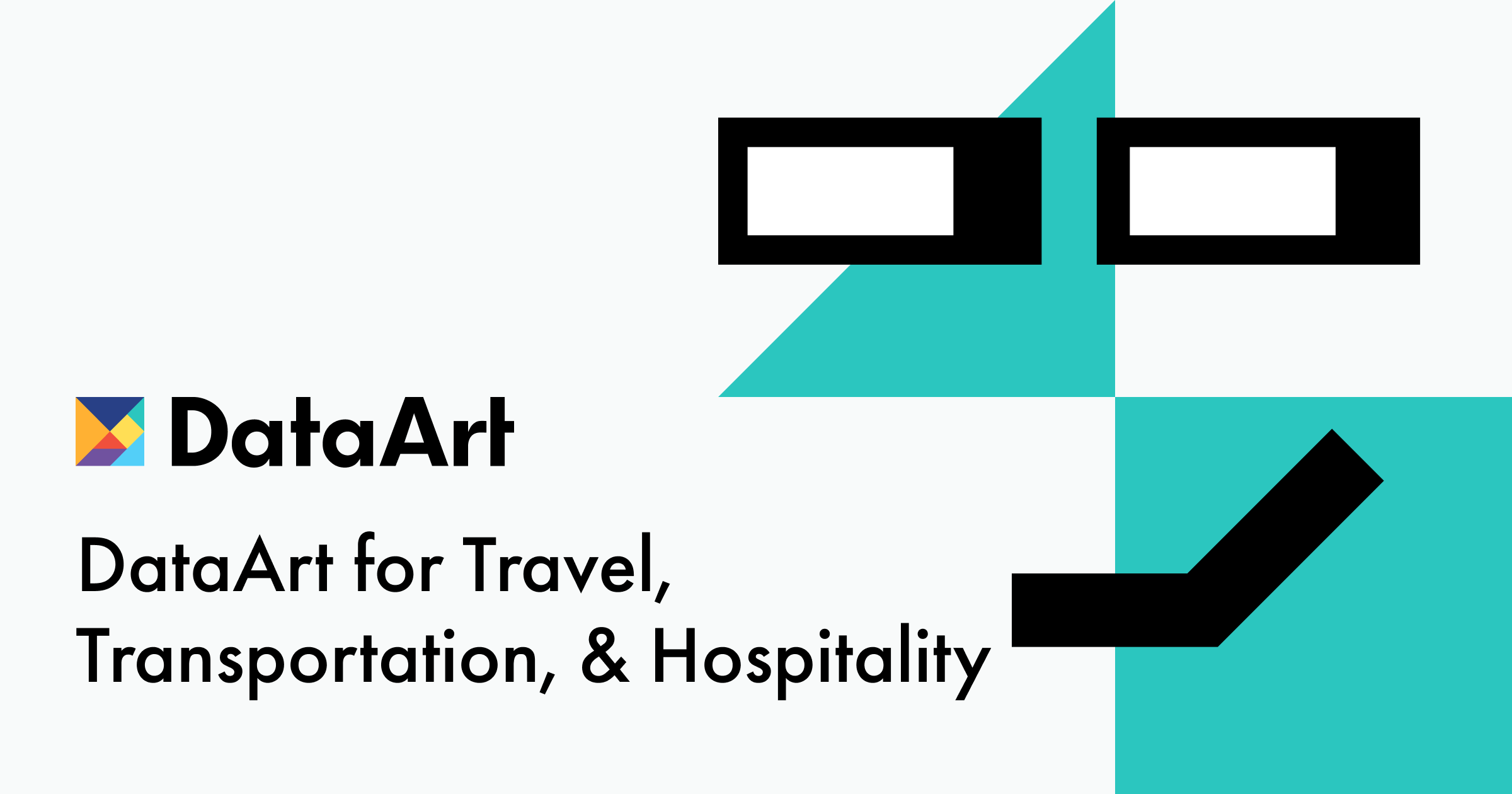Revenue management is a popular concept in the hospitality industry that is used to optimize the financial performance of a hotel or resort by maximizing revenue. The accepted definition is: selling the right hotel room, to the right customer at the right time, at the right price, through the right channel, with maximum cost effectiveness.
Typically, this requires companies to effectively use performance data and analytics to predict demand, create a dynamic pricing model, and maximize the profits the company generates.
While revenue management applies to other industries as well, it matters in the hospitality industry as hotels deal with perishables, fixed costs, and varying levels of demand. Revenue management is considered important because it eliminates guesswork when making key pricing decisions.
1. Know your market
To implement a successful revenue management strategy, it is critical that you have a clear understanding of your market, where demand is coming from, and the various local factors that can affect seasonal demand. You also need to know your audience and their needs, wants and expectations.
What's more, you need to understand the competition in the marketplace and make strategic decisions about pricing, discounts, and advertising with that competition in mind. Keep in mind that this competition may not always be obvious and may not always take place in the same location as your hotel.
2. Segmentation and price optimization
The concept of selling the right space to the right person at the right price requires you to segment your customer base accordingly. To do this, you need to identify different "profiles" of customers, and then look at these different segments and assess when they book rooms in hotels or hotel facilities, how they book them, and other habits.
This allows you to optimize prices for these different segments. One of the key benefits of this is that once prices are optimized for a particular segment, price changes can be kept to a minimum. This, in turn, can help generate customer loyalty for those who value the consistency of the price you offer.
3. Work closely with other departments
Next, it is important to build close collaboration between different departments of the hotel, such as sales and marketing, to ensure that your revenue management strategies and their individual departmental strategies are aligned with each other so that you can resolve issues. collectively.
Identify key decision makers in the department and engage them. Work with them to make adjustments to your income management strategies, rather than imposing your will, which may be resisted. Close collaboration will also help ensure that you always deliver consistent messages to clients.
4. Forecasting strategies
One of the most important aspects of revenue management is forecasting, which allows you to anticipate future demand and revenue, allowing you to make the necessary adjustments. In the hospitality industry, high-quality forecasting relies on keeping accurate records, including occupancy, room rates, and revenue data.
Most forecasting strategies rely heavily on the use of historical data to identify trends. For example, if you've noticed business growth in the last three July, it's reasonable to assume that the same thing could happen next time. However, forecasting also requires knowledge of current bookings, competitor performance, local events, and broader industry trends.
5. Use Search Engine Optimization
Search engines offer one of the biggest opportunities for those in the hospitality industry to attract customers, making search engine optimization an important part of a sound revenue management strategy. With the help of SEO, hoteliers can improve the visibility of their website on search engine results pages.
As a result, you can increase the chances of attracting business from customers who are not specifically looking for your hotel, but are looking for a hotel in your area. To achieve this, it is best to use a solid content marketing strategy and make sure your website design is optimized for SEO purposes.
6. Choose the Right Pricing Strategy
There are many different pricing strategies, and none of them guarantee success. Instead, hospitality workers need to consider the best strategy for their particular hotel based on what they have to offer, who they are trying to attract, and what strategy their competitors are using.
for example you can see here: https://www.dataart.com/indust....ry/online-travel-sol
Install Palscity app









